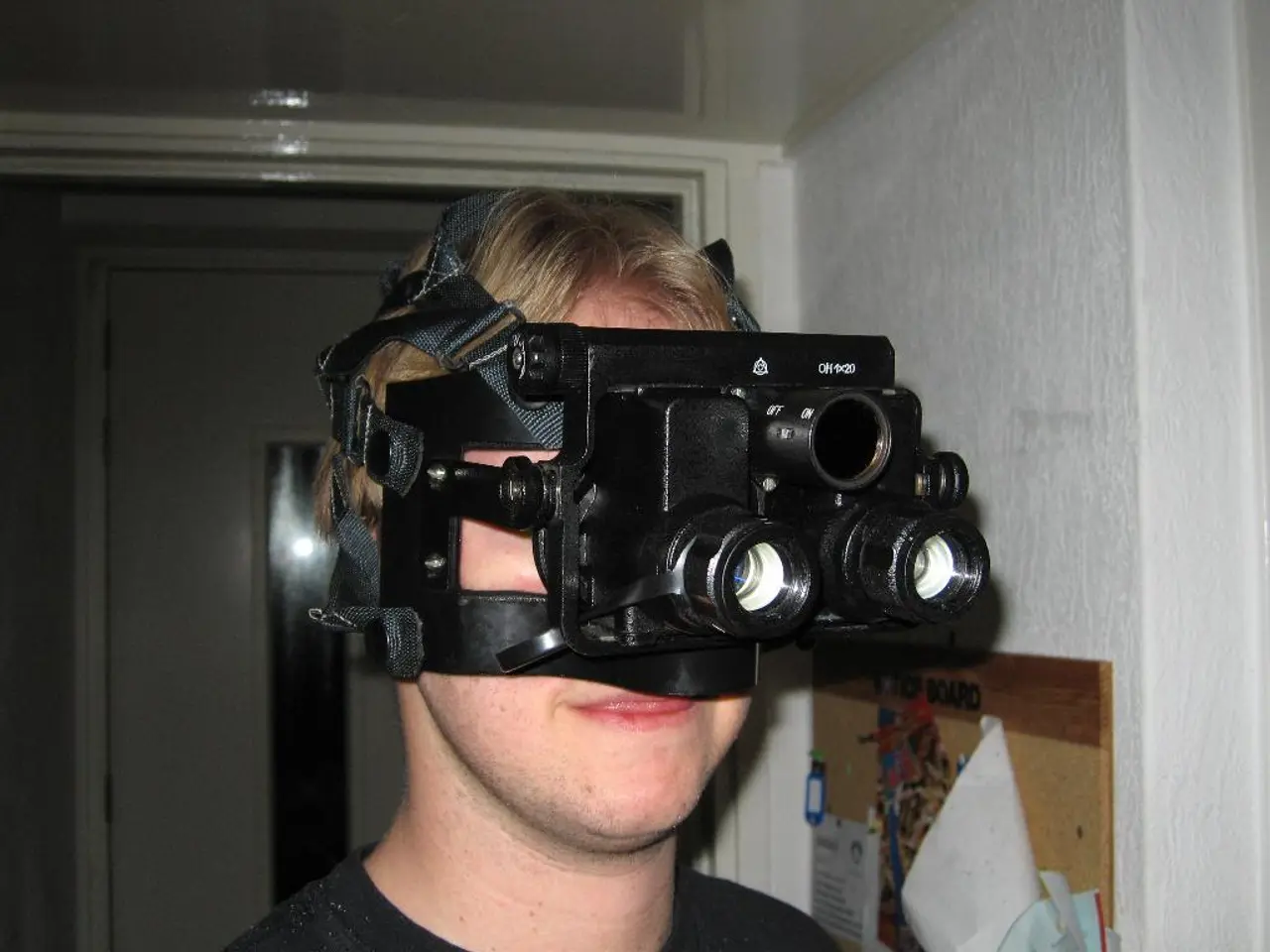Virtual Reality making significant impact in the Business World
Revolutionizing Business with Virtual Reality
Virtual Reality (VR) is making a significant impact on various sectors, going beyond its traditional role in gaming and entertainment. Here's a look at how VR is transforming businesses in numerous ways:
Immersive Employee Training & Onboarding
Companies like Walmart are using VR to simulate realistic customer service scenarios, enabling employees to practice handling a variety of situations safely and effectively. This innovative approach improves readiness, reduces training risks, and ensures a more competent workforce [1][2].
Medical Simulation & Healthcare
In the medical field, VR is being used for training, remote surgery simulations, pain and anxiety management, physical rehabilitation, and therapy for PTSD and phobias. By creating controlled, immersive environments, VR enhances patient outcomes and practitioner skills [1][4][5].
Virtual Collaboration & Remote Work
VR platforms such as Meta Workrooms and Spatial.io facilitate immersive and presence-rich remote meetings and workshops. This boosts team cohesion and communication, making remote work more efficient and effective compared to traditional video calls [1][3][4].
Product Prototyping & Design Reviews
Engineers and designers collaborate in shared 3D virtual spaces to work on complex models, make real-time adjustments, and identify design issues. This increases efficiency, reduces the need for physical prototypes, and speeds up the prototyping process [1][5].
Personalized Retail and Immersive Brand Experiences
Retailers and luxury brands use VR for virtual shopping, brand storytelling, and product trials. This creates unique emotional connections and global reach, something traditional marketing cannot replicate. For example, Ulta Beauty and Gucci create immersive brand activations that engage customers deeply [1][3][2].
Real Estate Virtual Tours
VR enables potential buyers to explore properties remotely in detail, enhancing the buying experience with interactive virtual walkthroughs. This saves time and expands market reach [1].
Crisis Response & Emergency Preparedness
VR simulations prepare workers and responders by mimicking emergency scenarios for training without real-world risks [1].
Data Visualization & Business Intelligence
VR helps businesses visualize complex data sets immersively, allowing better insight and decision-making [1].
Tourism and Virtual Travel
Companies offer immersive virtual tours of landmarks like Buckingham Palace and natural environments, making experiences accessible to those unable or unwilling to travel physically [5].
Manufacturing Process Optimization
VR is used to streamline and optimize manufacturing workflows through virtual modeling and testing before implementation [1].
Incorporating VR into Data Visualization and Analytics
Furthermore, the incorporation of VR into data visualization and analytics enhances data-driven decision-making [1].
In summary, VR is transforming business by enhancing training, improving healthcare, enabling remote collaboration, revolutionizing retail and product development, and expanding virtual experiences in real estate and travel. This offers new efficiencies, safety, and customer engagement beyond entertainment [1][2][3][4][5].







